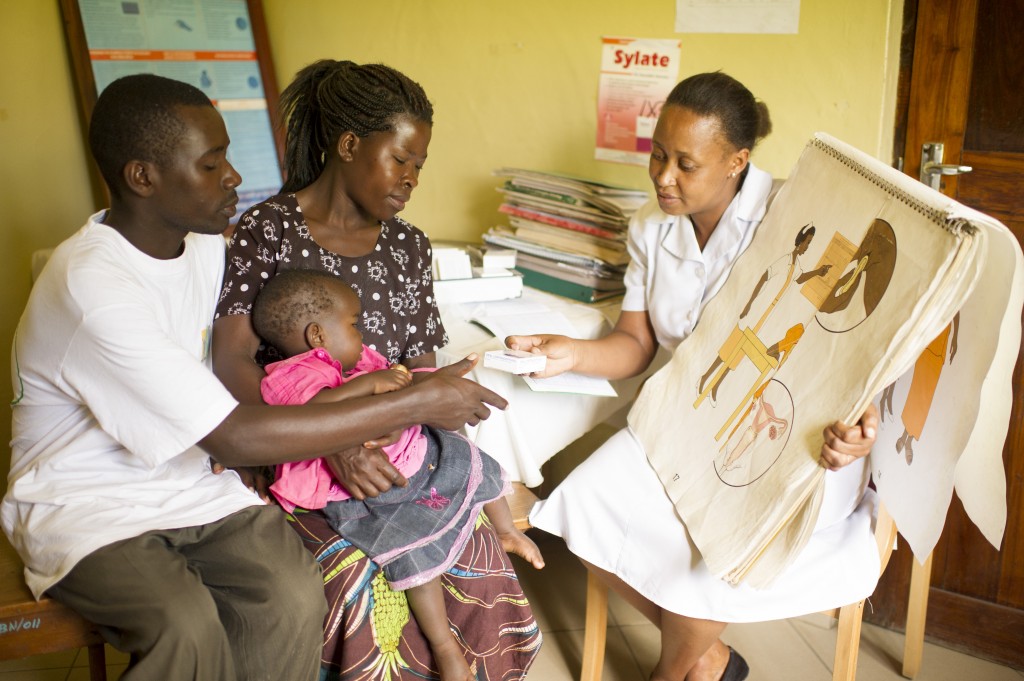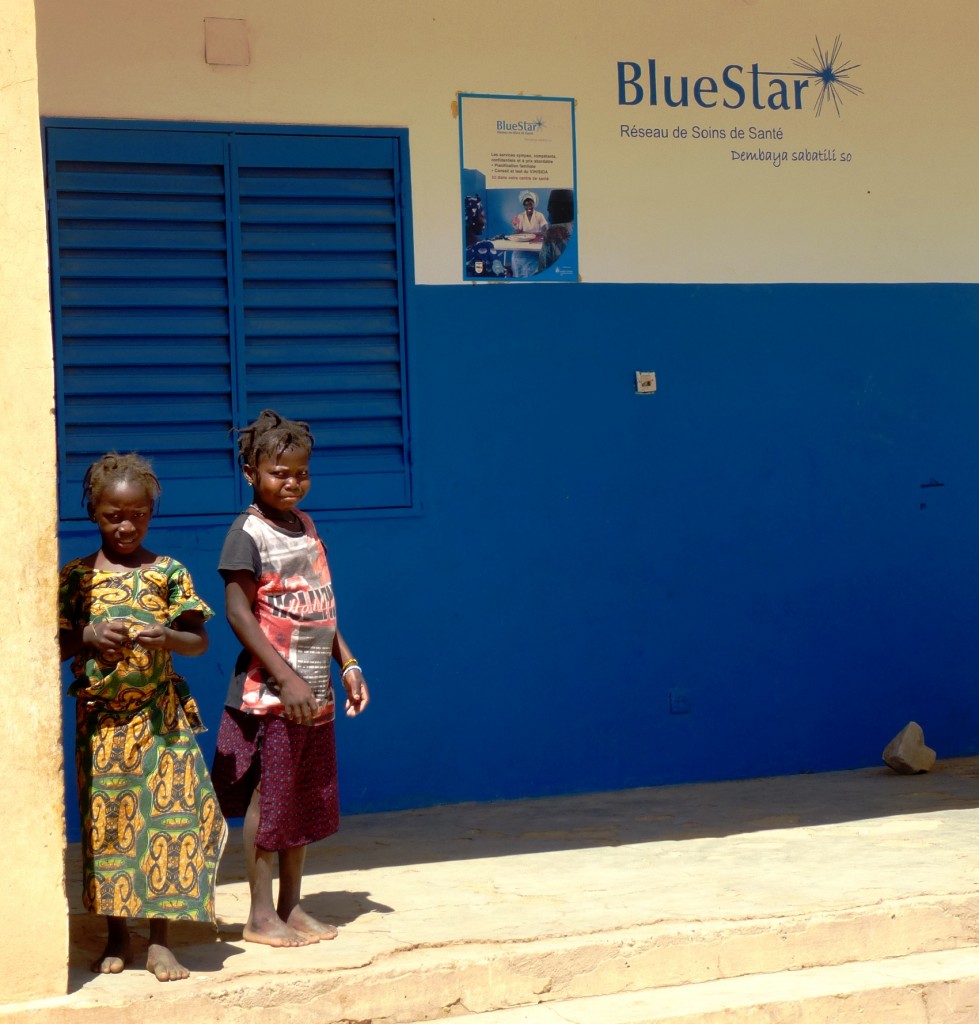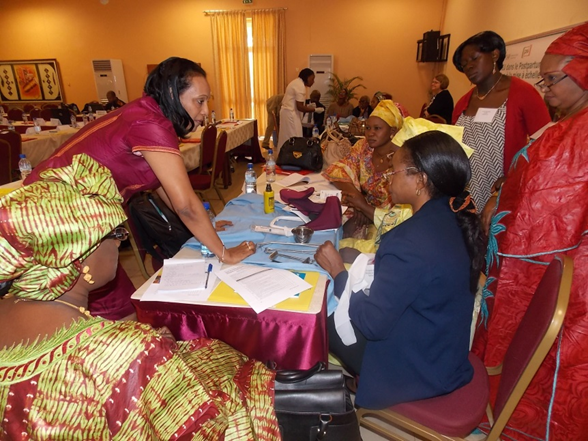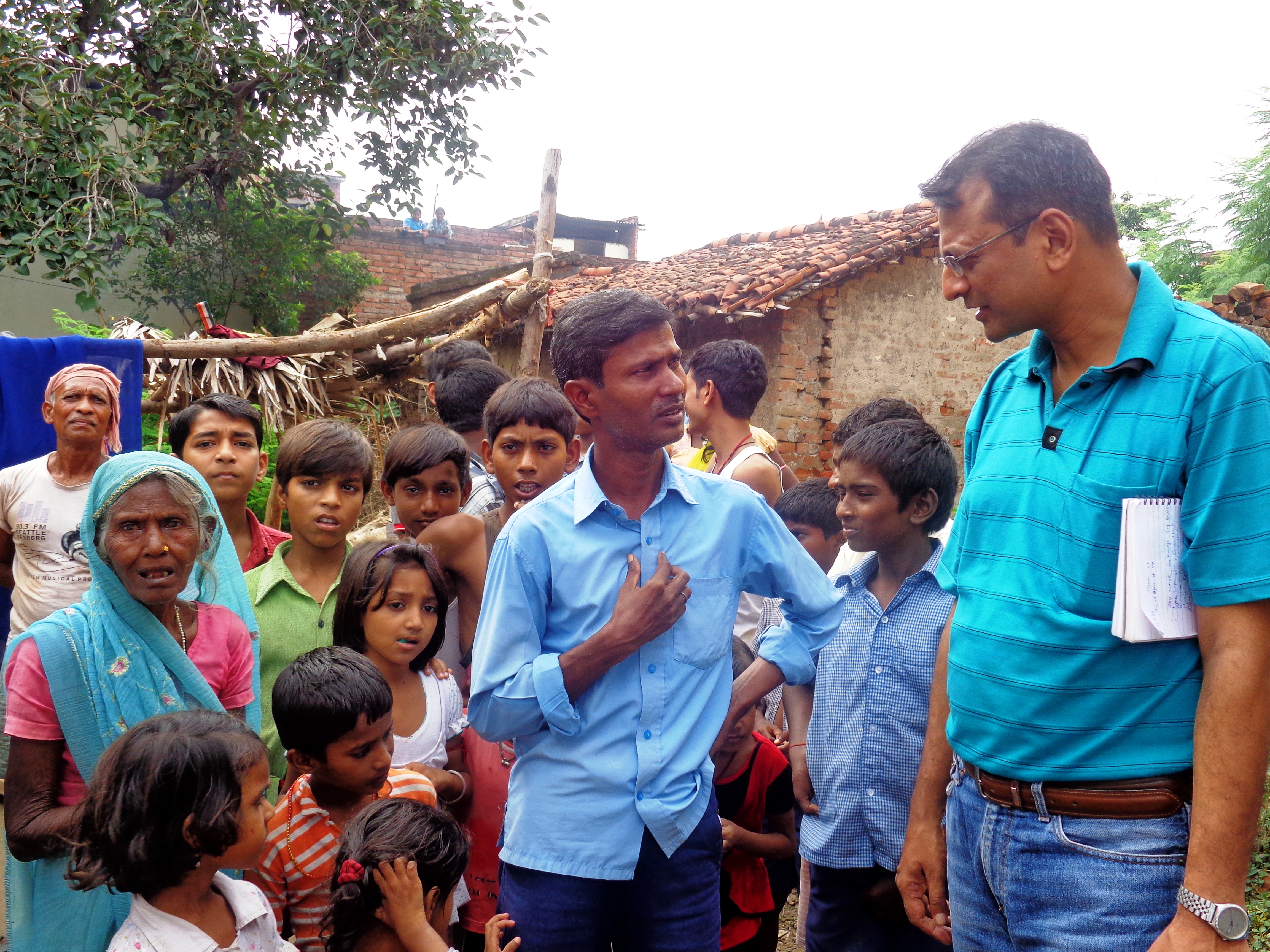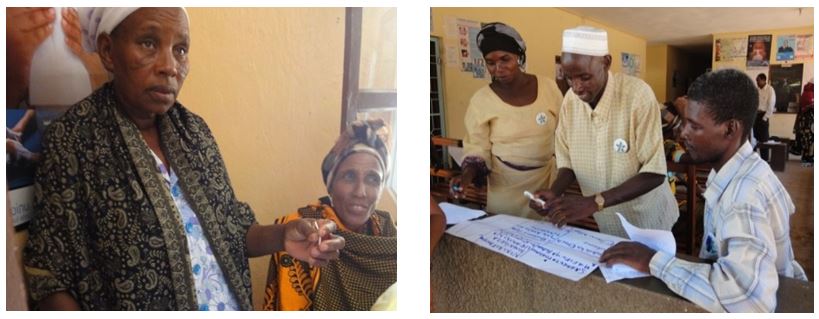Guest post by Lynn Bakamjian
Today, as family planning (FP) programs are receiving renewed attention and resources as a result of FP2020, several important issues have risen to the top of the investment agenda. These include increasing access to quality long-acting reversible contraceptive (LARC) methods; task-shifting FP information and services to lower level health workers to address provider shortages; and scaling- up approaches that extend services, such as postpartum FP , mobile services, and increased engagement of the private sector. As programs strive to make more contraceptive choices available to reach more than 200 million women with an unmet need for FP, there is one topic that receives little attention—how to expand access, availability, acceptability and quality of permanent methods (PMs) (voluntary female sterilization and vasectomy). Continue reading



